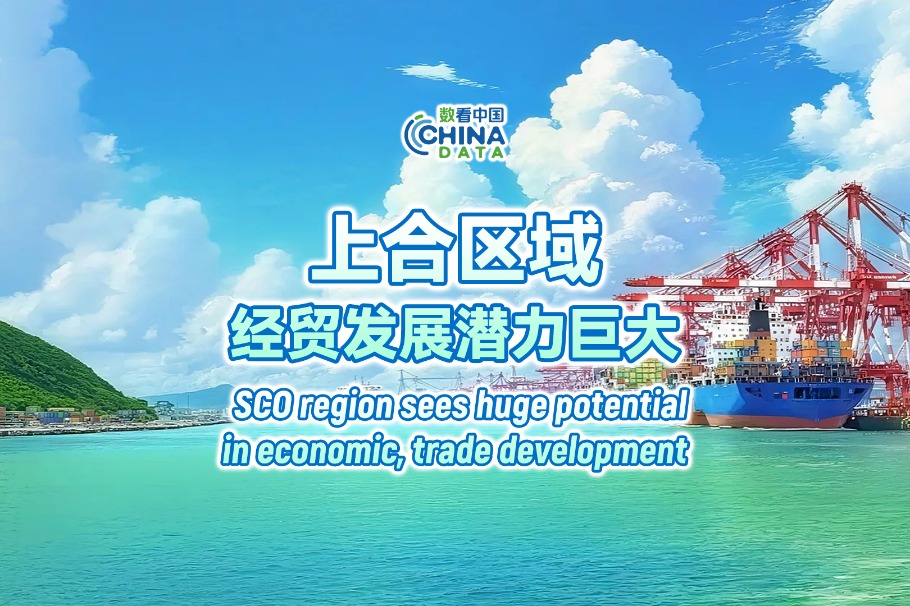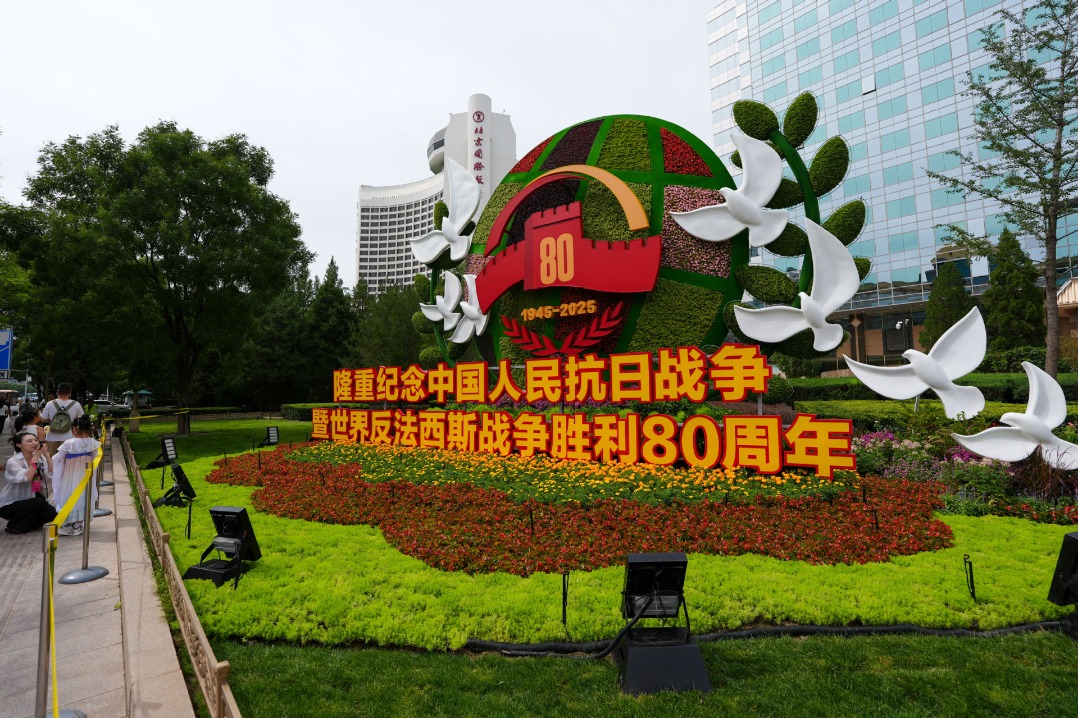Banks using HK as RMB trade center

There is not too much competition between the Shanghai Pilot Free Trade Zone and Hong Kong, a senior official of the Hong Kong Special Administrative Region said in San Francisco.
"If the establishment of the Shanghai Free Trade Zone strengthens the internationalization of the renminbi (RMB), that will create more opportunities for HK to provide more services," K.C. Chan, secretary for financial services and the treasury of the Hong Kong special administrative region, told China Daily in San Francisco.
 |
| K.C. Chan, the secretary for financial services and the treasury of the Government of Hong Kong Special Administrative Region. Photo by Chen Jia / China Daily in San Francisco |
The Shanghai municipal government unveiled the China (Shanghai) Pilot Free Trade Zone last September as a move to promote the internationalization of RMB and create a more efficient market environment.
Fresh off a recent visit to Shanghai, the secretary was currently on tour in the San Francisco Bay Area to coach local businesses on how Hong Kong offers services as the first and largest center for offshore RMB business.
He delivered a keynote address at a VIP luncheon entitled Hong Kong: Your Offshore Renminbi Center held by the Hong Kong Economic and Trade Office in San Francisco on May 2.
At the event, he shared experiences of Hong Kong's partnership with other offshore centers in Europe and Asia and highlighted Hong Kong's important role in the internationalization of the RMB.
"Today, the daily transactions of RMB in HK exceed the level of transactions of the HK dollar," he told China Daily after the event.
"It doesn't mean HK people are using RMB. It means a lot of the international customers and banks are using HK as a place to buy and sell RMB," he said. "This activity is picking up very fast, as banks are using HK as a trading center."
HK also has experience in introducing RMB hedging products, so that customers can use the RMB at small transaction costs, he said.
He said the internationalization of the RMB is a very new phenomenon, and what they have done in HK is "definitely quite original and innovated".
"In fact, most of the markets are not quite aware of how this is going, who is using it, what the benefits are, what customers and banks think of the currency or how they do the hedging, and what the prospects are for development of the RMB as an international settlement currency," he said.
The luncheon was followed by a panel discussion involving representatives from the Bay Area Council Economic Institute, ChinaSF, Bank of China, HSBC and East West Bank.
Liu Xu, the senior vice-president and head of the treasury department at the Bank of China's New York branch, said in the panel discussion that Hong Kong's status has been reinforced because of strong links with the Chinese mainland, which has a huge market and a booming economy.
"Hong Kong is a small place but it is blessed as it captures whatever happens in China," he said.
Hong Kong was the mainland's largest source of realized foreign direct investment, accounting for about 48 percent of the national total by the end of 2013, with the cumulative value reaching $666 billion, according to data of the Hong Kong Economic and Trade Office in San Francisco.
It said Hong Kong's investment in the mainland is concentrated largely in Guangdong province. By the end of 2013, the cumulative value of Hong Kong's realized direct investment in Guangdong was estimated at $201 billion, accounting for 62 percent of Guangdong's total.
According to Guangdong province statistics, about 125,300 Hong Kong-invested enterprises had been approved cumulatively by the Guangdong province at the end of 2013.
The mainland is the largest external investor in Hong Kong. The stock of inward direct investment in Hong Kong reached $460 billion by the end of 2012, accounting for 37 percent of overall external direct investment in Hong Kong.
Hong Kong's status as the mainland's premier international financial center has been reinforced by a steady influx of mainland listings on the stock exchange, as well as the first dim sum bond issued by the China Development Bank in July 2007.
Since offshore RMB business was launched in Hong Kong in January 2004, and with the full support from the central government, Hong Kong has served as a testing ground for RMB liberalization measures and launching new offshore RMB-denominated financial products and services.
The nation'd 12th Five-Year Plan supports Hong Kong's development as an offshore RMB business center.
(The end)
Today's Top News
- Commemorating victory against aggression upholds peace, justice: China Daily editorial
- Military drills against regional consensus: China Daily editorial
- China, India should jointly maintain peace in border areas, Defense Ministry says
- Beijing to host high-level global security conference in September
- 26 foreign leaders to attend China's V-Day commemorations
- Artificial intelligence can power Xizang's leap into a better future






























